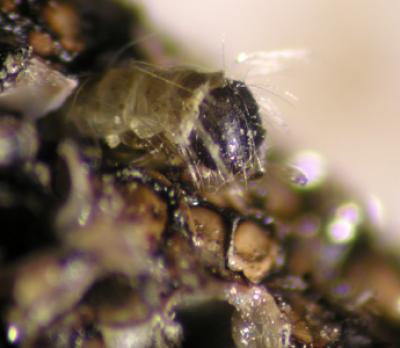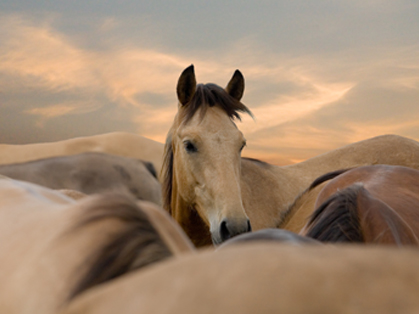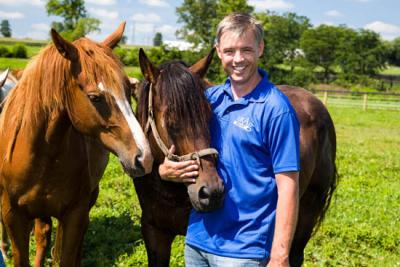When Disaster Strikes, Are You and Your Horses Prepared?
March 19, 2014 Comments Off on When Disaster Strikes, Are You and Your Horses Prepared?
Is your area prone to flooding? What about tornadoes or blizzards? If the roads are closed, how do you get food to your horses?
Continue reading …The Bipolar Cortex: Concerns When Trailering Horses Through Various Climates
March 19, 2014 Comments Off on The Bipolar Cortex: Concerns When Trailering Horses Through Various Climates
“The most common mistake that people make is over-blanketing in a trailer and creating a sweaty animal, which can be harmful. Long-distance transport has been repeatedly proven to dehydrate horses, so adding to water loss by creating a sweat is dangerous.”
Continue reading …Against All Odds- A Horse’s Return From Two Near-Death Experiences
March 18, 2014 Comments Off on Against All Odds- A Horse’s Return From Two Near-Death Experiences
Determination, hope, and the will to live are traits that people assume only apply to humans, but that is simply not true.
Continue reading …Mare Reproductive Loss Syndrome and Eastern Tent Caterpillars
March 14, 2014 Comments Off on Mare Reproductive Loss Syndrome and Eastern Tent Caterpillars
MRLS can cause late-term foal losses, early- and late-term fetal losses and weak foals. Subsequent studies by UK researchers revealed that horses will inadvertently eat the caterpillars, and the caterpillar hairs embed into the lining of the alimentary tract.
Continue reading …March-April 2014 Will Be “Barn Fire Prevention Month”
March 13, 2014 Comments Off on March-April 2014 Will Be “Barn Fire Prevention Month”
“Data from the National Fire Reporting System (NFIRS) and the National Fire Protection Association (www.nfpa.org) show that the incidence of barn fires during March and April index higher than any other period of the year,” notes Wayne G. Hipsley, chairman of HorseSafetyUSA.com.
Continue reading …Recent Equine Rabies Cases Highlight Importance of Vaccinating
March 12, 2014 Comments Off on Recent Equine Rabies Cases Highlight Importance of Vaccinating
“The numbers of rabid animals in the wild should be concerning to horse owners because all it takes is one bite from an infected animal for a horse to contract the fatal disease,” says Green.
Continue reading …Stress and The Equine Immune System
March 11, 2014 Comments Off on Stress and The Equine Immune System
At this time of year, cold stress combined with age, low body condition, or some combination of the three may create a situation where horses are more susceptible to illness.
Continue reading …22nd National Equine Forum Discusses Topics Like Unnecessary Breeding, Ethical Use of Horses in Sport and Much More
March 10, 2014 Comments Off on 22nd National Equine Forum Discusses Topics Like Unnecessary Breeding, Ethical Use of Horses in Sport and Much More
Whether addressing the problem of unnecessary breeding and the treatment of unwanted horses, the development of a workable equine ID system and a central database or the ethical use of the horse in sport, the consensus was that the industry should pull together to find long-term solutions
Continue reading …Healthy Horse Show Living – Healthy for Life
March 9, 2014 Comments Off on Healthy Horse Show Living – Healthy for Life
We inspect every bale of hay, read about the latest supplements, and agonize over the amount of protein in our horses’ grain. Yet, at a horse show, we won’t think twice about eating a greasy cheeseburger or indulging in a couple of sugary treats.
Continue reading …Using Crowdfunding to Raise Money For Horse Health Research- To Test Novel Probiotic Compound For Equine Parasites
March 7, 2014 Comments Off on Using Crowdfunding to Raise Money For Horse Health Research- To Test Novel Probiotic Compound For Equine Parasites
Nielsen’s crowdfunding project is possibly the first such effort in the field of veterinary science. He started with an ultimate goal of raising $30,000 with defined funding milestones along the way.
Continue reading …







